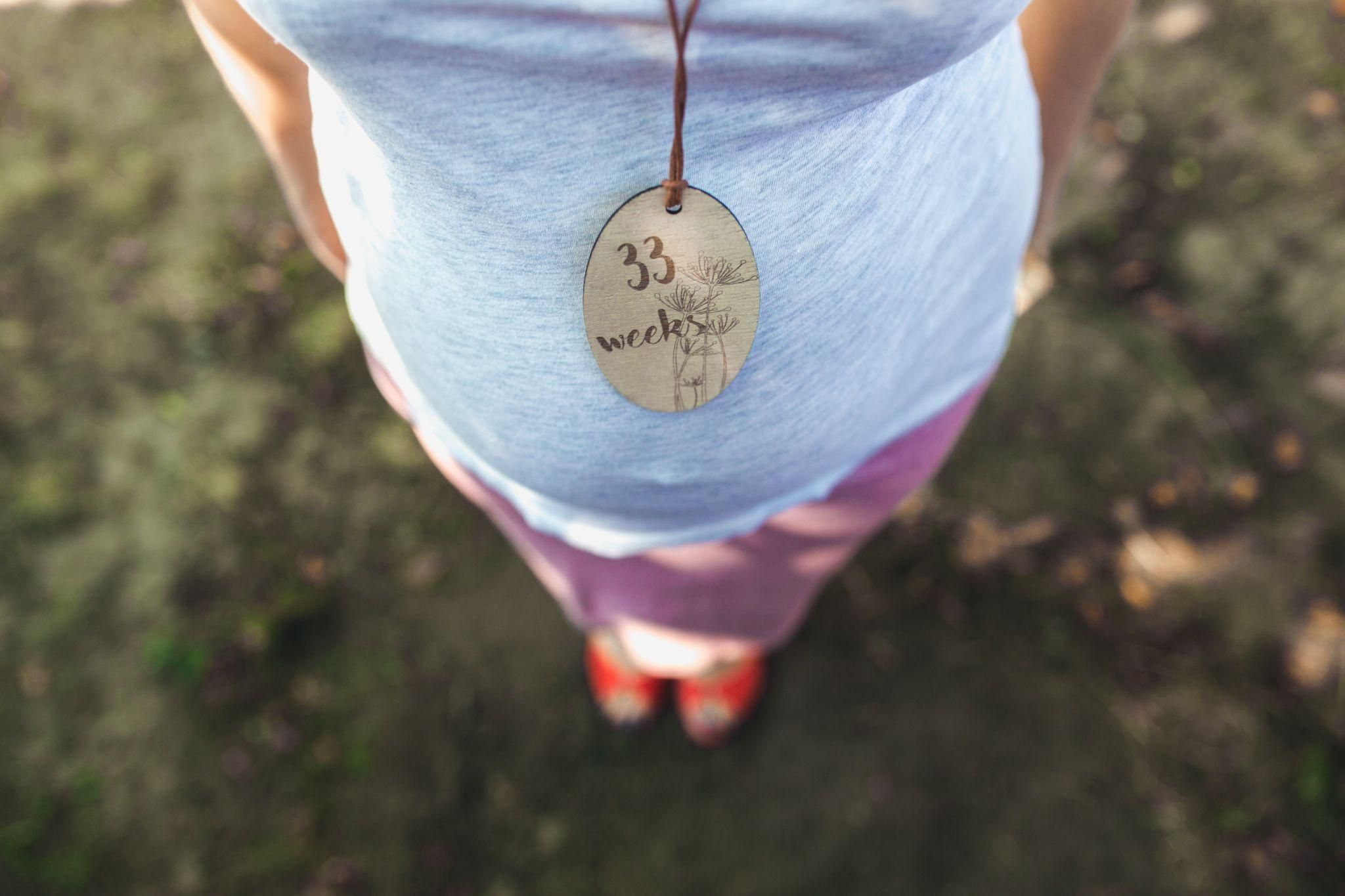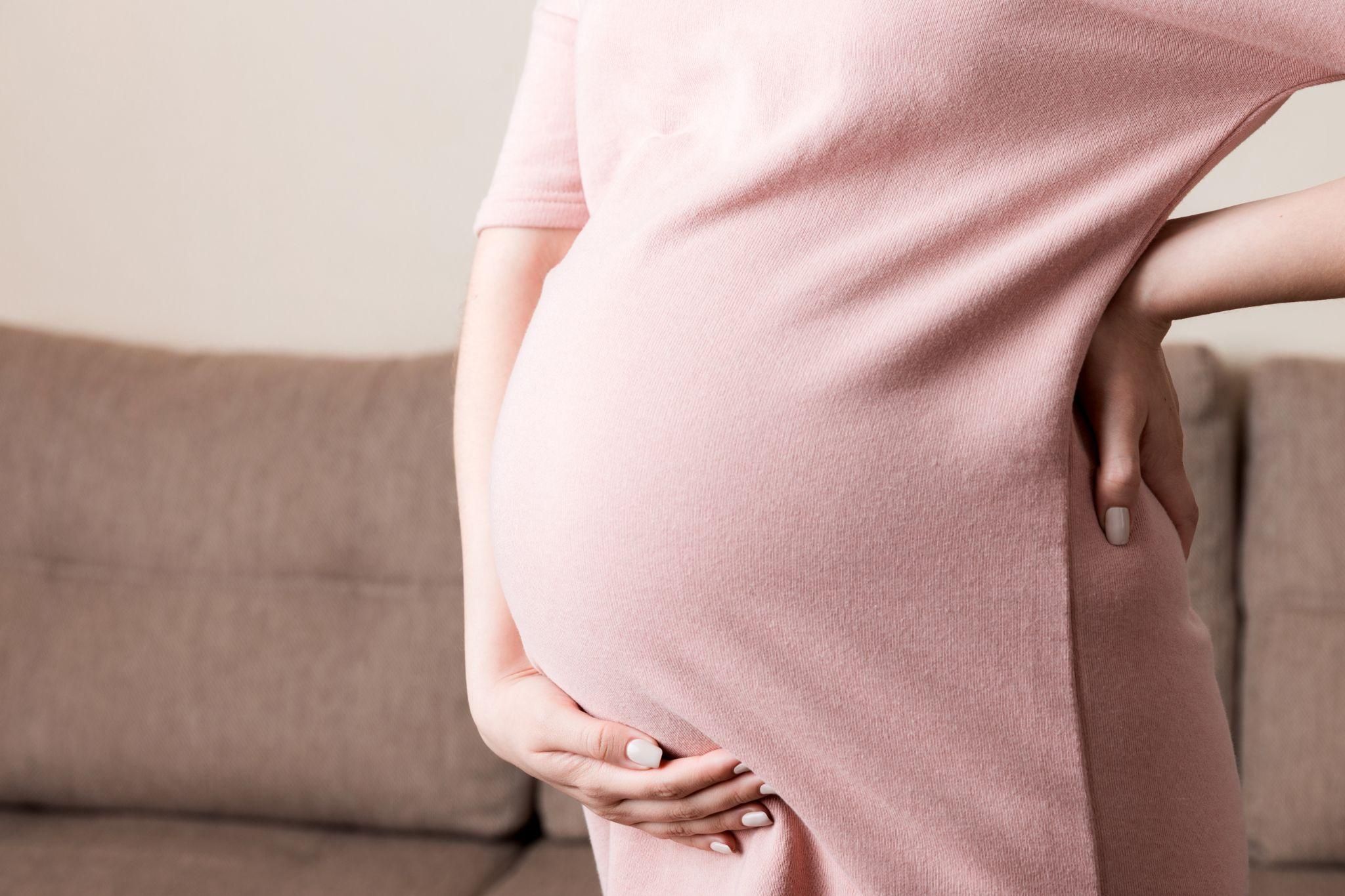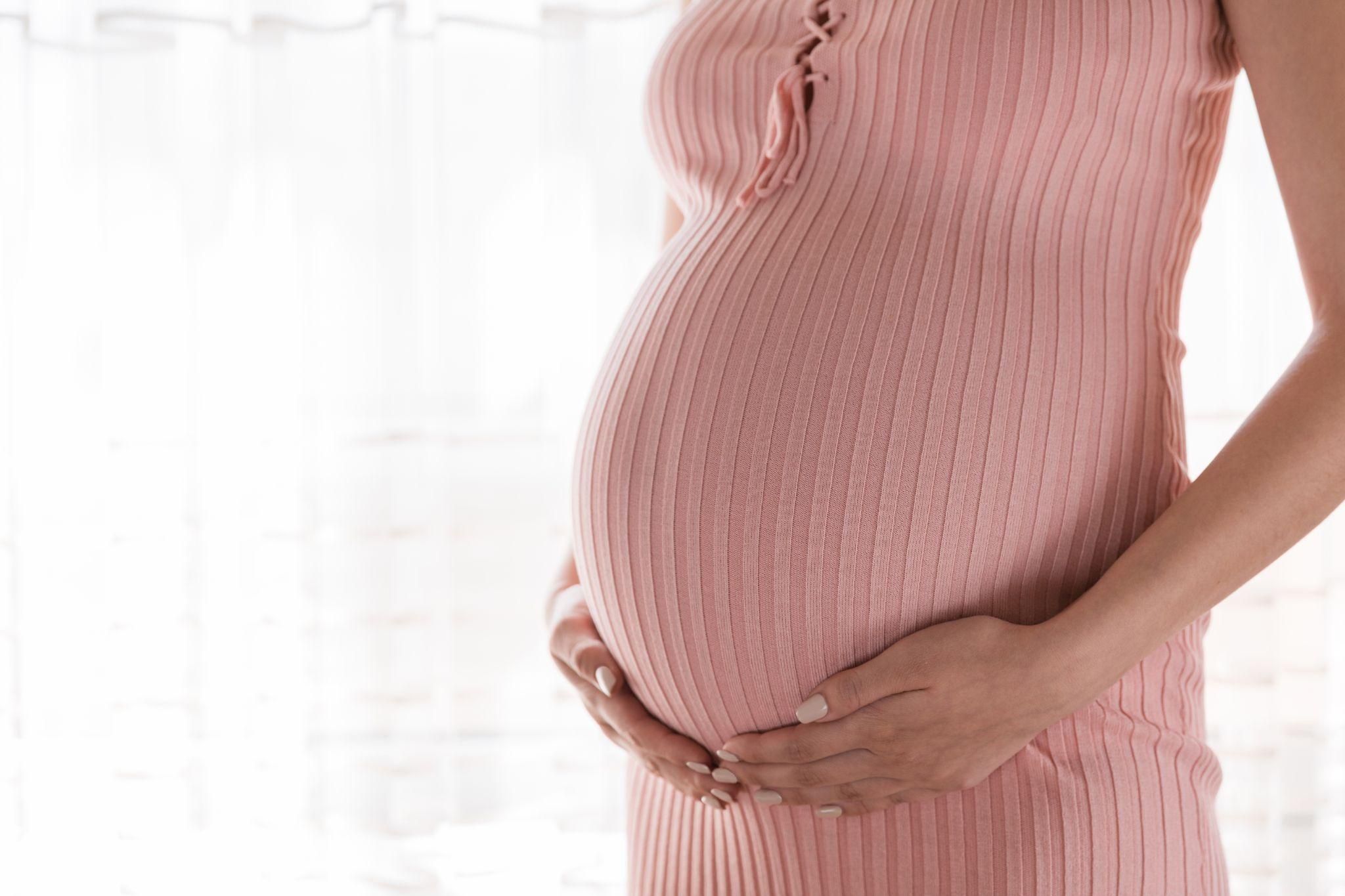At 36 weeks pregnant, you’re entering the final stages of your pregnancy, and the anticipation of meeting your baby is growing. The next few weeks will be crucial for both your health and the well-being of your baby. As you prepare for the birth, it’s essential to stay on top of your antenatal care and ensure that you’re feeling physically and mentally ready. From attending your antenatal appointments to practicing prenatal yoga and preparing your home for the arrival of your baby, now is the time to focus on both antenatal support and self-care.
In this article, we’ll explore everything you need to know at 36 weeks pregnant. From what you can expect with your baby’s development to tips for maintaining your antenatal health, including antenatal vitamins and antenatal massage, we will also guide you through antenatal education and the significance of antenatal scans and antenatal classes to ensure that you’re fully prepared for childbirth.
Your Baby’s Development at 36 Weeks Pregnant
At 36 weeks pregnant, your baby is almost fully developed and rapidly growing. The final weeks of pregnancy are about putting on weight and preparing for birth, with most of the critical developmental milestones already achieved.
Size and Growth
By 36 weeks, your baby is likely about the size of a papaya. They weigh around 2.7 to 3 kg (5.9 to 6.6 lbs) and are roughly 46-50 cm (18-20 inches) long. Your baby’s body is gaining weight, especially in the form of fat, which will help them regulate their body temperature once they are born.
Key Developments
Brain Development: Your baby’s brain continues to develop at an incredible rate. They’re also practising essential skills like sucking and swallowing in preparation for feeding after birth.
Lungs: While your baby’s lungs are mature enough to function outside the womb, they are still developing. The last bit of lung development focuses on fine-tuning the respiratory system for breathing once they are born.
Bones: Your baby’s bones are becoming stronger, although they will remain a bit soft to help with the birthing process. The soft spots, or fontanelles, on their skull will gradually harden after birth.
Movements at 36 Weeks Pregnant
Your baby’s movements may feel a little more restricted due to the limited space in your uterus, but you should still feel plenty of kicks and wiggles. If you notice any significant changes in your baby’s movement pattern, or if you’re concerned, don’t hesitate to contact your healthcare provider for advice.
Physical Changes and Symptoms at 36 Weeks Pregnant
As you approach the final weeks of pregnancy, you may experience some physical changes and discomforts. These symptoms are your body’s way of preparing for childbirth, and while they may be uncomfortable, they are a sign that things are progressing well.
Common Symptoms at 36 Weeks Pregnant
Shortness of Breath: As your baby grows and your uterus expands, it can put pressure on your diaphragm, leading to shortness of breath. Although this is common, it’s a good idea to rest and take it easy if you feel out of breath.
Braxton Hicks Contractions: These practice contractions are preparing your body for the real thing. They may feel like tightening or mild cramping in your belly. While they are generally painless, if you experience regular or painful contractions, contact your healthcare provider.
Swelling: Increased swelling in your feet, ankles, and hands is common as your body retains more fluid in the final weeks of pregnancy. Elevate your feet when possible and try to avoid standing or sitting for long periods.
Back and Pelvic Pain: As your baby drops into your pelvis in preparation for birth, you may feel additional pressure and discomfort. To ease back pain, consider practising antenatal yoga or receiving prenatal massage.
Increased Urination: The weight of your baby on your bladder can make you feel the need to urinate more frequently. Although this can be uncomfortable, staying hydrated is important to keep your body functioning properly.
Heartburn and Indigestion: Your growing baby puts pressure on your stomach, which may lead to acid reflux and heartburn. Avoid large meals and spicy foods to manage these symptoms, and try sleeping with your upper body slightly elevated.
Sleep Disruptions: Finding a comfortable sleeping position can be a challenge, especially as your belly grows. Use pillows to support your body and legs, and try sleeping on your side to avoid putting pressure on your back.
Antenatal Care and Appointments at 36 Weeks Pregnant
As you get closer to your due date, attending antenatal appointments is essential. These appointments help monitor both your and your baby’s health, ensuring everything is on track for a smooth delivery.
What to Expect at Your 36-Week Antenatal Appointment
Blood Pressure Checks: High blood pressure can be a sign of preeclampsia, a serious condition that requires immediate attention. Monitoring your blood pressure regularly is crucial.
Baby’s Position: Your healthcare provider will check your baby’s position during the appointment. Ideally, your baby should be head-down by now, but if they are breech or in another position, your doctor may discuss potential options, such as turning the baby or planning a caesarean.
Urine Tests: Urine tests help detect issues such as protein or glucose, which may indicate conditions like preeclampsia or gestational diabetes. It’s important to attend these appointments to catch any potential problems early.
Growth Monitoring: Your doctor will continue to monitor your baby’s growth through measurements and possibly another antenatal scan. This helps ensure your baby is growing at a healthy rate and is in the correct position for birth.
Antenatal Scans and Tests
At 36 weeks pregnant, your healthcare provider may recommend another antenatal scan to check the amniotic fluid levels, your baby’s growth, and the position of the placenta. These scans help ensure that everything is progressing as it should.
Antenatal Education: Preparing for Birth and Beyond
One of the best ways to prepare for childbirth is to attend antenatal classes. These classes provide valuable education on labour, delivery, and post-birth care. They can help alleviate any anxieties you may have and ensure you’re ready for what’s to come.
The Importance of Antenatal Classes
Labour and Delivery Preparation: Antenatal classes teach you about the stages of labour, what to expect during delivery, and various pain relief options. You’ll also learn about the signs of labour so you can recognise when it’s time to head to the hospital.
Breastfeeding and Postpartum Care: Many antenatal classes also cover topics such as breastfeeding, infant care, and self-care after birth. These classes provide an excellent opportunity to ask questions about caring for your newborn and adjusting to life after delivery.
Mental Health and Support: The emotional and mental aspects of pregnancy and birth can be challenging. Antenatal support is crucial in helping you manage the emotional rollercoaster of pregnancy, and antenatal education can give you strategies for staying calm and centred during labour.
Look for antenatal classes near me, either in person or online, and make sure you’ve signed up for any classes that will help you feel more prepared for childbirth.
Antenatal Yoga and Prenatal Fitness
Antenatal yoga is an excellent way to stay fit and healthy during the final stages of pregnancy. It focuses on improving flexibility, strength, and relaxation, all of which are crucial for managing the demands of pregnancy and preparing for labour.
Benefits of Antenatal Yoga
Improves Flexibility and Strength: Gentle stretching in prenatal yoga helps increase flexibility and prepares your muscles for childbirth. Strong muscles are essential for a smoother labour and delivery.
Pelvic Floor Strengthening: Yoga for pregnancy targets the pelvic floor, helping to strengthen muscles that support the uterus, bladder, and rectum. This can be beneficial in reducing the risk of pelvic floor issues after delivery.
Reduces Stress: Antenatal yoga also helps to reduce anxiety and stress, encouraging relaxation during pregnancy. Learning to relax and breathe deeply will benefit you during labour when you need to stay calm and focused.
Prepares for Labour: The breathing exercises and relaxation techniques taught in pregnancy yoga classes can be incredibly helpful during labour. Learning to breathe deeply and stay relaxed can help you manage pain and stay calm during contractions.
Prenatal Massage: Relaxation and Relief
Antenatal massage is a fantastic way to relieve the physical discomforts that come with late pregnancy. Whether it’s back pain, swollen feet, or tight muscles, prenatal massage can help reduce tension and provide much-needed relief.
Pregnancy Massage Benefits
Relieves Muscle Tension: Prenatal massage targets areas like the back, neck, and shoulders that often become tense due to the physical strain of pregnancy. This can help reduce pain and discomfort.
Improves Circulation: As your body adjusts to the increased blood volume of pregnancy, massage for pregnancy can improve circulation and reduce swelling in your feet, ankles, and hands.
Reduces Stress: Like antenatal yoga, prenatal massage can help reduce stress and promote relaxation. This is essential as you prepare for the physical and emotional demands of childbirth.
References
- The Ultimate Antenatal Classes
Prepare for labour, birth, and baby care with nine experts, including senior NHS midwives and an award-winning obstetrician!
https://unii.com/en/journey/ultimate-antenatal-classes









